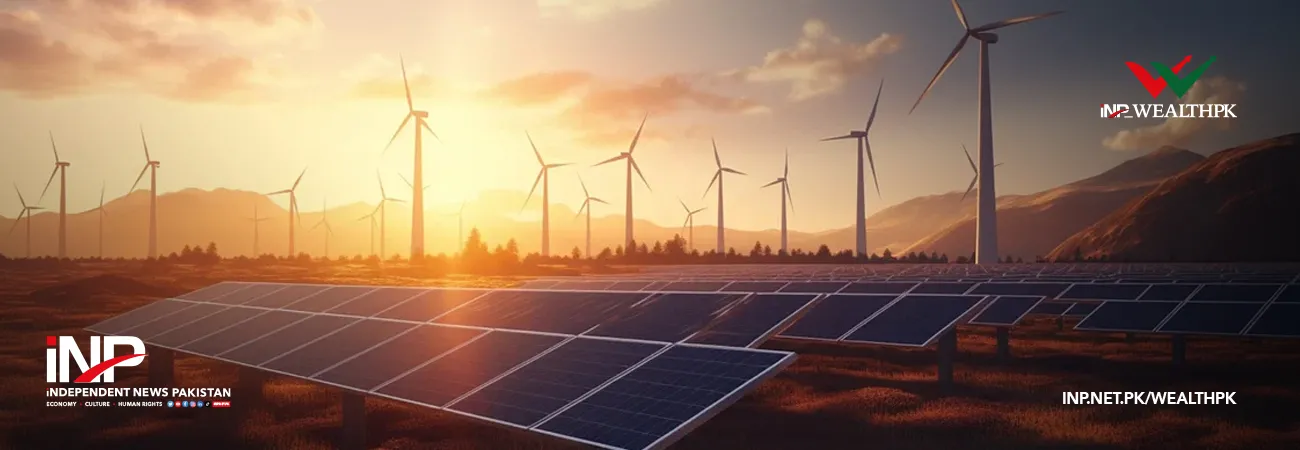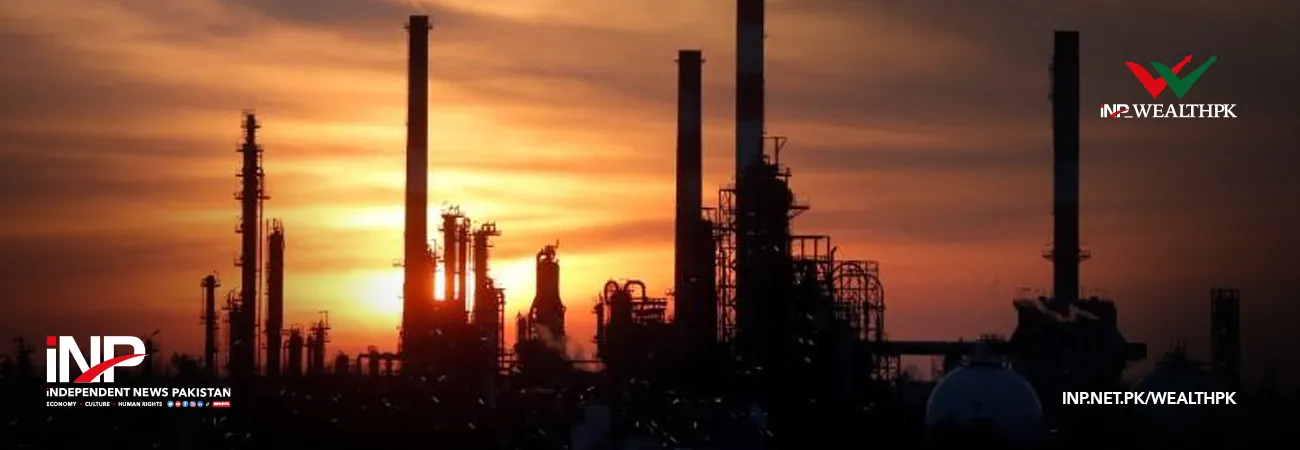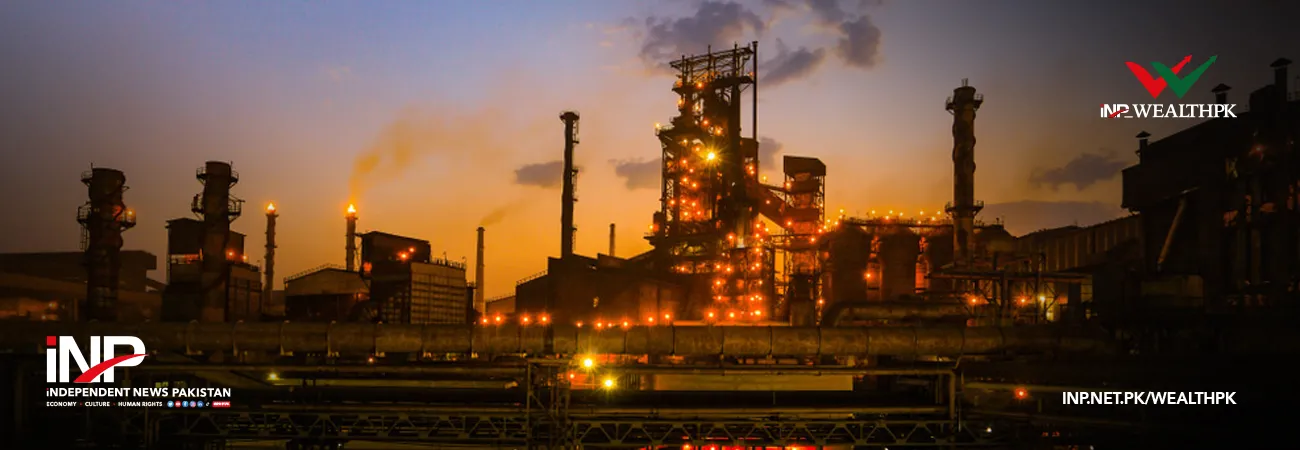INP-WealthPk
Amir Saeed
Emerging markets like Pakistan could save up to $150 billion in clean energy costs by lowering financing rates by just 1%, ensuring better access to affordable capital and innovative blended finance solutions to drive private investment in renewable energy projects.

Talking to WealthPK, Ahmed Ammar Yasser, Chief of Party, Private Financing Advisory Network, University of Engineering and Technology, Lahore, highlighted that emerging markets like Pakistan faced significant challenges in financing clean energy projects due to high interest rates and risk premiums that inflated capital costs. According to the International Energy Agency, a 1% reduction in financing costs could save these markets up to $150 billion annually from 2024 to 2050 in a Net Zero Emissions (NZE) scenario. This potential saving underscores the urgent need for policy interventions aimed at lowering interest rates and improving access to affordable financing.
“In Pakistan, the cost of capital is often double that of advanced economies, which severely hampers the ability to attract investments in clean energy initiatives. High borrowing costs deter private sector participation and limit the implementation of renewable energy projects, which are essential for meeting climate goals. Reducing financing costs would not only lead to significant financial savings but also accelerate progress towards the country’s renewable energy targets,” Yasser underscored. He pointed out that the lack of awareness among project developers regarding available concessional financing options was one of the major hurdles in mobilising private investment in the country’s clean energy sector.
“Many local developers struggle to navigate the complex landscape of financial resources, often unaware of existing facilities designed to support renewable energy projects.” “For instance, a recent discussion revealed that only two financial institutions in Pakistan have actively engaged with concessional facilities to support small and medium enterprises in the renewable sector. This highlights a significant gap in knowledge and accessibility that must be addressed to unlock private investment,” Yasser stressed. “To effectively mobilise philanthropic capital and private investment, it is crucial to build trust and demonstrate impact through successful project narratives.
Investors are increasingly seeking compelling stories that showcase the effectiveness of their contributions,’’ he emphasised. Talking to WealthPK, Sohail Malik, technical team lead, Climate Resourcing Coordination Centre (CRCC), said that many existing projects lacked clear impact narratives, which can deter potential investors. “Developing robust impact stories around renewable energy initiatives can enhance transparency and accountability, making it easier for investors to understand the benefits of their investments.” “It is essential to address the trust deficit that exists within the country’s financial ecosystem. The country has developed into a low-trust society, which complicates efforts to attract philanthropic investment,” he emphasised.
“Building a more trustworthy environment requires improvements across various sectors, including legal frameworks, regulatory bodies, and educational systems. Only by fostering a culture of trust can Pakistan become a more attractive destination for philanthropic capital,” he declared. Sohail highlighted that blended finance mechanisms presented a viable solution for reducing capital costs by combining concessional funding with private investment. “These mechanisms can help de-risk investments in clean energy projects by providing guarantees or first-loss capital that reduces overall risk exposure for private investors.
However, for blended finance to be effective, there must be a concerted effort to improve regulatory frameworks and create an enabling environment for such initiatives,” he emphasised. “The potential savings from reduced financing costs could help address systemic issues related to high capital costs. Policymakers must prioritise creating a favourable financing environment that encourages investment in clean energy projects,” Sohail said, adding: “This includes enhancing communication between financial institutions and project developers, improving access to information regarding available funding options, and ensuring that successful projects were effectively showcased.”
Credit: INP-WealthPk













